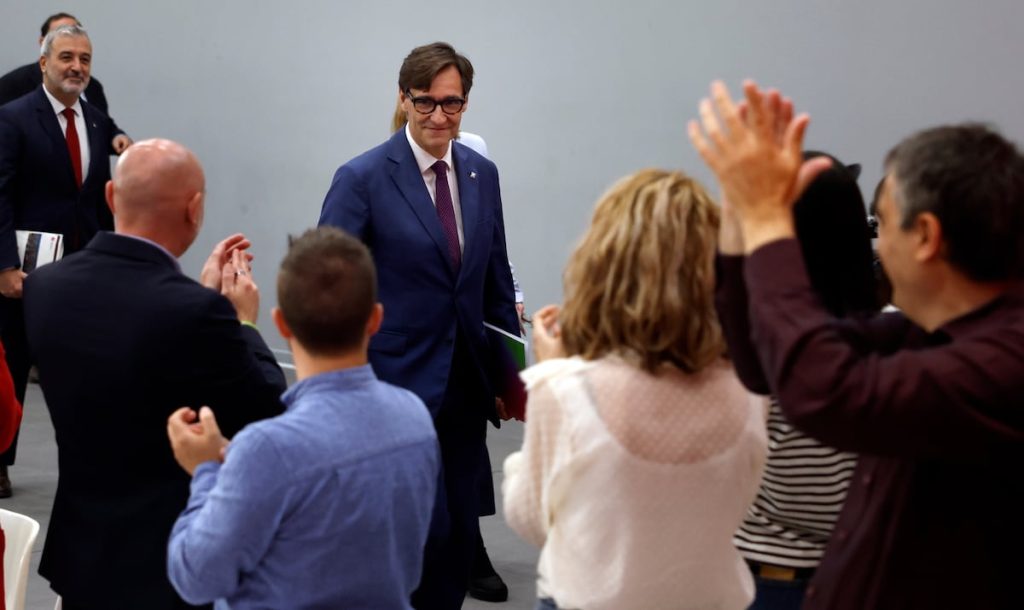The most overwhelming electoral victory had the most boring celebration. The start of an exciting phase in Catalan politics was not celebrated, but rather the end of a disappointing era. The bland character of the candidate, Salvador Illa, helped in the lack of celebration. The lack of excitement is good for democratic health, especially in a political body like Catalonia, which has been suffering from high tension for some time. It is unclear who or how Catalonia will be governed, but it will be necessary to build bridges not only between different parties, but also between social forces that have been disintegrating in Catalonia.
Catalonia used to be characterized by a dense network of social organizations, diverse yet interconnected. There was a social abyss between the business people of organizations like the Cercle d’Economia or Foment, and the neighborhood associations of working-class districts that emerged during the Franco regime. There was a cultural distance between cosmopolitan Barcelona, the capital of Ibero-American literature, and organizations promoting Catalan culture and language. There were economic disparities between one of Spain’s most accommodating bourgeoisies and one of the most demanding working classes in the West, which propelled labor advances and revolutionary excesses.
There was a willingness to reduce these differences, to reach out to the different and build a sense of community. This was achieved through culture— from characters in novels by Juan Marsé to the pages of leading newspapers, and iconic programs on TV3— or through social initiatives— from pedagogy to the Third Sector, involving public-private collaborations in service management. The goal was to find the common denominator among the multiple socio-political spirits that had converged in late 20th century Catalonia. Initially, Convergència i Unió also took part in this convergence.
However, there came a point when it became more profitable to divide than to unite. Leaders from all spheres decided to break ties, starting with the everyday interactions that form the basis of politics: they stopped dancing sardanas together and attending the same conferences. The independence process was not the cause, but the culmination of this social process of separation. The division of a community cannot be cured with an amnesty or a change of government. Illa, with his serious gaze amidst the celebration, seems to have understood this. And those who voted for him seem to have as well.


